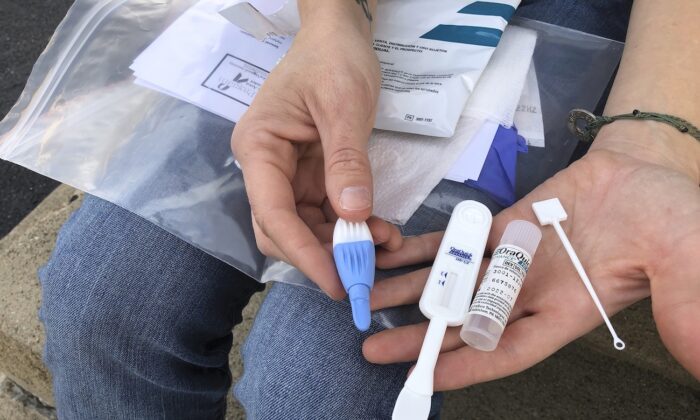Federal Government Approves HIV to HIV Organ Transplants
The final rule expands the organ donor pool and improves outcomes for transplant recipients with HIV, according to HHS Secretary Xavier Becerra.
The federal government has lifted a ban that prevented kidney and liver transplants between HIV-positive individuals to increase their access to these procedures.
Previously, organ transplants required approval from an institutional review board, which is no longer necessary under the new rule.
The new regulation, as stated by HHS Secretary Xavier Becerra, “removes unnecessary barriers to kidney and liver transplants, expanding the organ donor pool and improving outcomes for transplant recipients with HIV.” He added, “We continue our efforts to enhance organ access while addressing health inequities for individuals with HIV.”
HHS considered various evidence, including recent studies from the National Institutes of Health (NIH) showing comparable outcomes of kidney transplants between HIV-positive donors and recipients to those between non-HIV donors and HIV recipients.
The new rule took effect on Nov. 27.
The NIH is also seeking public input on potentially removing research study requirements under the HOPE Act for other organ transplants, such as lungs, pancreas, and the heart.
Transplant Safety, HIV Prevalence
A recent study conducted by NYU Langone Health demonstrated that kidney transplants between individuals with HIV were deemed “safe and effective,” according to an Oct. 17 statement.
Research indicated comparable survival rates among transplant recipients regardless of receiving organs from an HIV-positive or negative donor, with similar one- and three-year post-surgery checks. The risk of complications like infections or organ rejection was also found to be consistent.
“These findings offer hope to the thousands in need of kidney transplants, particularly those with HIV,” mentioned Dorry L. Segev, senior study investigator and transplant surgeon.

A microscopic view of the human immunodeficiency virus (HIV) on a lymphocyte, in an undated file photo. AFP/Getty Images
NYU Langone Health highlighted that close to 90,000 Americans are waiting for kidney transplants, emphasizing that those with HIV are at greater risk of mortality while waiting.
The report mentioned that 630,000 individuals died from AIDS-related causes globally last year, marking a 69% decline since 2004 when deaths peaked at 2.1 million.
“In 2023, fewer people acquired HIV than in any year since the late 1980s. Over 31 million people received antiretroviral therapy in 2023, reducing AIDS-related deaths to the lowest level since 2004,” the report stated.


